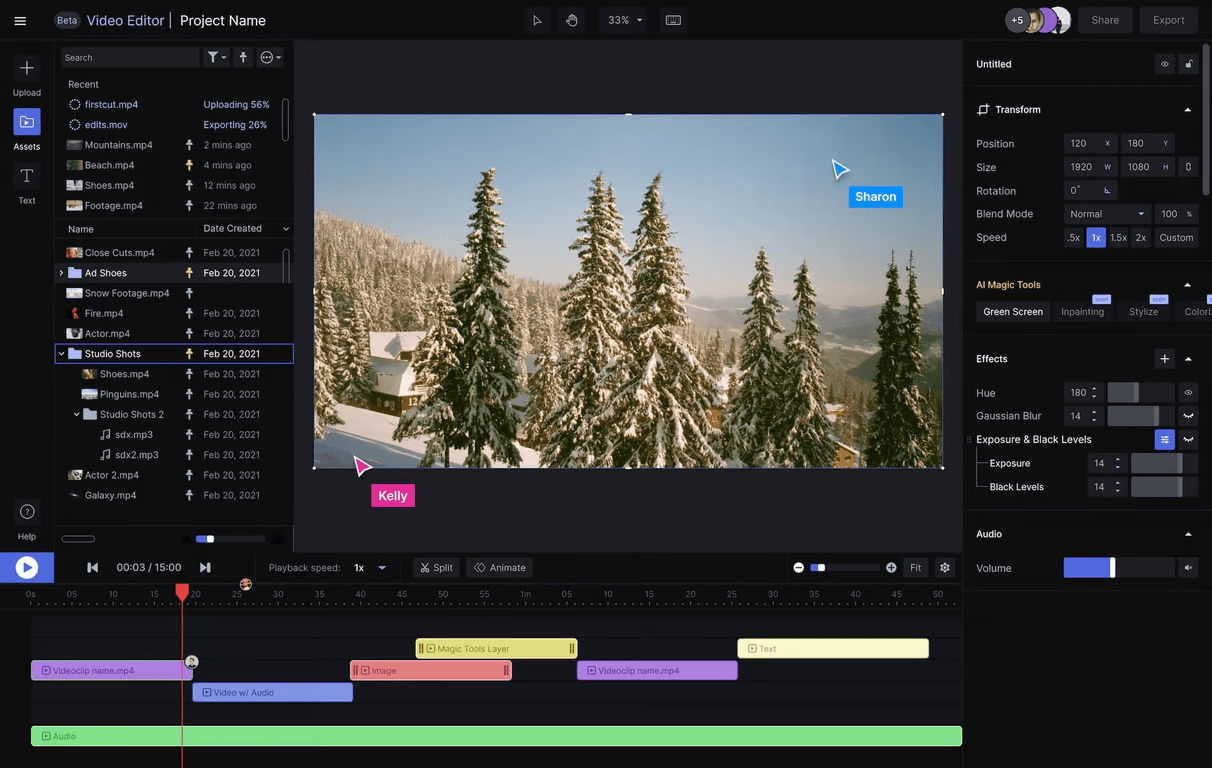Let’s face it, it’s quite difficult to operate in the modern world without having access to the internet. This has become increasingly obvious since COVID 19, considering how many work-from-home positions have become a mainstay. Naturally, it’s no different here in Kentucky.
Beyond work, internet access is also important for schooling—something pertinent for families in particular. Regardless of why you need internet access, you’ll need to get an internet service provider (ISP) to do so. What does that mean, though, and how does the process work? That’s what we’re here to discuss today!

Now, if you’re uncertain about whether or not you have one already, or if you’d like to make a change, you can call them at (502) 484-9975 to discuss all of that and more. Just keep in mind that because there are plenty of local options throughout Kentucky, you have the option to shop around and compare rates between different providers.
With that in mind, let’s delve a bit deeper into this. Make sure to stick around if you’d like to learn more about the specifics of ISPs, how the process works, and how you can effectively choose between them!
What is an Internet Service Provider?
Of course, this is the first question for us to examine. Thankfully, the answer is simple. You see, an internet service provider (ISP) is a company that provides individuals and businesses alike with access to the internet. It’s certainly an important service.
What else is there, then? Well, ISPs are responsible for connecting customers to the internet, as we said, but how does it work? There are a few different options, such as dial-up, DSL, cable, fiber optic, satellite, and wireless connections.
The specifics of what you use in your home or business will vary depending on what you need the connection for, as well as the types of wiring in the building (and the general availability of space). You can read more about that here: https://www.techopedia.com/definition/2510/internet-service-provider-isp.
How it Works
Now, in order to actually access the internet, customers must first subscribe to an ISP and pay a monthly fee for their service. Typically, there are a few different tiers available, along with bundled packages. Once connected, customers can browse the web, send emails, stream videos, download files, and participate in other online activities.
Just remember that the tier you subscribe to can have an impact on how much you’re able to do of those activities—and in some cases, whether you can do them at all. Let’s take a look at some of the tiers you might see.
Basic
First, we’ve got the “entry level” type of connection. More often than not, this tier usually offers speeds ranging from one to twenty-five Mbps (megabits per second). What’s that most useful for?
Well, it can be suitable for light internet users who primarily use the internet for basic tasks such as web browsing, email, and social media. Watching videos that aren’t in 4K is also supported in these tiers. They’re popular for folks who aren’t doing intense things with their internet because of the lower price point they have to offer.
Enhanced (Medium Speeds)
Now, this is a step up from the previous entry, as you can probably guess. This tier typically offers speeds between twenty-five and one hundred Mbps, though it tends to hover around fifty. Most of the time, it will be suitable for households with multiple users who do things such as streaming videos, online gaming, and video conferencing.
It’s cost-effective while still providing basic access to higher speeds that can suit those activities. It’s also the first tier that can stream in 4K, though there’s still a limit on how many devices can access the internet connection at the same time.
Premium (High Speeds)

Next, we’ve got an option that is a bit more expensive, but really opens up the digital world. This tier offers speeds of one hundred Mbps or higher, in some cases. This makes it ideal for heavy internet users, such as families or businesses that require fast and reliable internet for activities like 4K streaming, large file downloads/uploads, and other data-heavy tasks.
A further explanation can be found in this article, if you’re curious. One of the main draws is that there is no longer a limit on how many devices can browse the internet at once (at least, with most of the providers here in Kentucky). Any time that you’re confused about the distinctions between the tiers, though, you can talk to your ISP or the one that you’re considering to get more answers.
Depending on your ISP, there may or may not be tiers above this one. For some, that could be something like the “platinum” tier, or even “gigabit” speeds. The specifics will really be based on who your service provider is, where they are, and what sort of access you need.
Choosing an ISP
Overall, choosing an internet service provider (ISP) can be a crucial decision. After all, it will impact your online experience in terms of speed, reliability, and cost, all of which are pretty important to consider. How can we feel better about making this type of choice, then?
The first thing you’ll want to do is figure out what your internet needs are. How fast do you think you’ll need the speed to be? Are you a family who uses multiple devices at once, or are you one person who tends to just browse social media? All of this can influence what type of service you need and, thus, what ISP will fit your needs.
Make sure to research which options are available locally to you as well. There are plenty of ISPs in Kentucky, but not all of them will cover every county. Just double check before you commit to anything.
At the end of the day, the important thing is that you find an ISP who can offer you reasonable prices while still offering the speeds you need to continue enjoying the internet.








